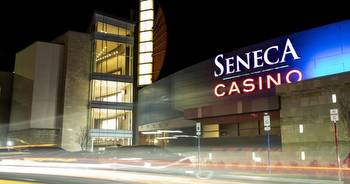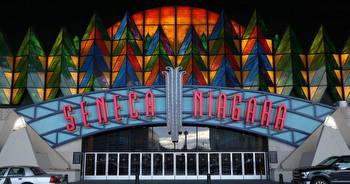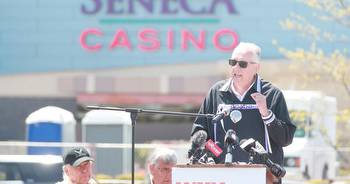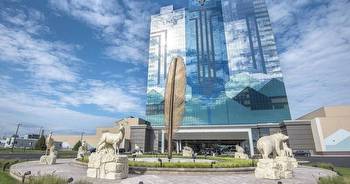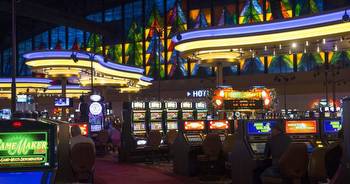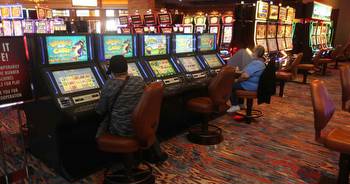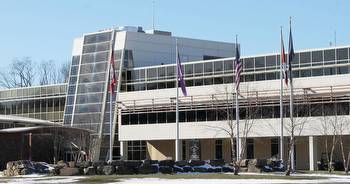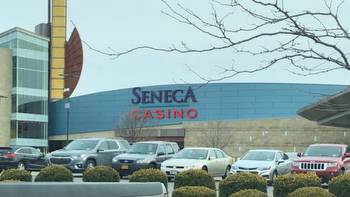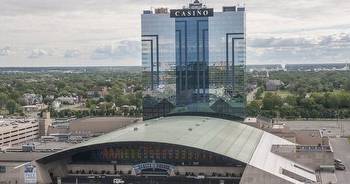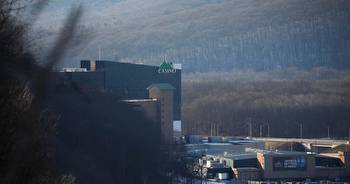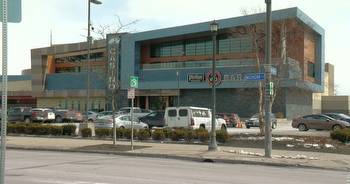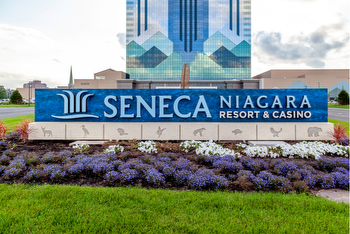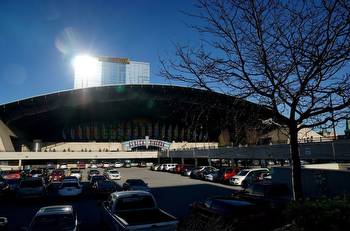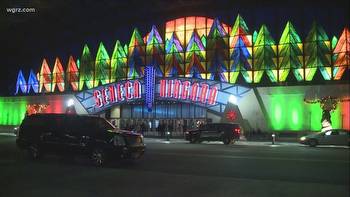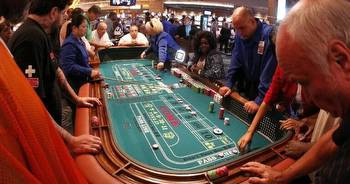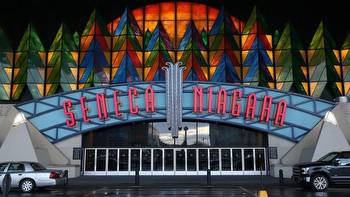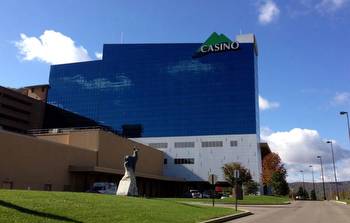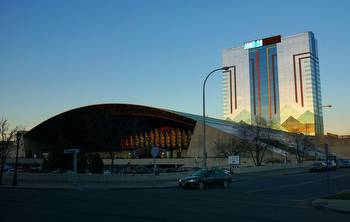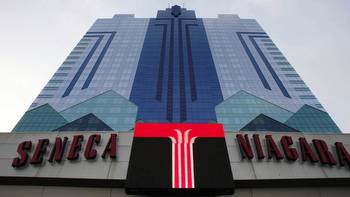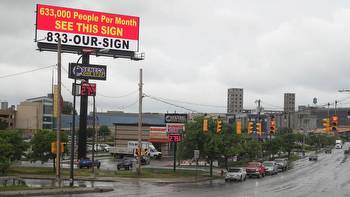Hochul: Seneca casino money can help offset state’s cost of new Buffalo Bills stadium

This week, Gov. Kathy Hochul won a long-running battle with the Seneca Nation of Indians over more than $500 million in back casino revenue payments.
Now she wants to use most of that money to help offset the state’s share of a new stadium for the Buffalo Bills.
Hochul is proposing to put the state’s share of the casino payments — $418 million — toward the $600 million the state would contribute to the $1.4 billion stadium to be built adjacent to the Bills current home in Orchard Park.
The deal must be negotiated into the new state budge that is due Friday. The proposal still leaves $182 million of the state’s stadium cost to come from other revenue sources. Erie County is expected to contribute another $250 million of the total stadium cost, leaving the rest to the Pegula family, which owns the Bills.
“These funds (the casino payments) were generated in Western New York, and I am directing the State’s share, which is more than $418 million, to the new Buffalo Bills stadium,” Hochul said in a statement. “This will ensure the Bills remain in New York State and support 10,000 construction jobs. The remainder of the funds will go directly to the counties and cities of Western New York and be reinvested to support the local economy and communities.”
The Senecas this week paid the state $564.8 million to settle the five-year-old legal battle over revenues from its casinos in Buffalo, Niagara Falls and Salamanca. That came after Hochul froze the Senecas’ bank accounts in an effort to force a resolution.
Of that total, $418 million goes to the state itself, while the remainder goes to the host communities of the three casinos.
The Senecas had put that money into escrow starting in 2017 after claiming they were no longer under an obligation to pay 25% of their casino slot and video lottery machine revenues to the state.
The Senecas argued that the obligation to make the payments expired at the end of 2016, according to their interpretation of the nation’s existing gaming compact with the state. The state disagreed, and arbitration panels and state courts have consistently supported the state’s side.
After releasing the back payments to the state, the Senecas this week said they still want Hochul to negotiate a new gaming compact going forward.
Hochul’s plan to use taxpayer money to fund about 60% of the Bills stadium has drawn some criticism from both Democrats and Republicans around the state.
U.S. Rep. Thomas Suozzi, a Long Island Democrat running against Hochul for governor this year, said he supported the idea of a new Bills stadium, but that it could be built without having New Yorkers “fork over their tax dollars to help a billionaire donor get even richer.”
“I like the Bills as much as anyone but this is outrageous,” said Republican state Sen. Mike Martucci, who represents a district in the Catskill Mountains and Hudson Valley. “Republicans are often criticized for being buddies with billionaires. What would you call this?”
Hochul, a native of western New York, has cited the intangible benefits of having pro sports in Buffalo.
It “goes to our identity,” she said Monday. “We are known globally for being the home of the Buffalo Bills, and it’s part of our local psyche, and it makes us so proud,” Hochul said, adding, “that’s not quantifiable.”
The new Bills stadium is expected to be built across the street from the current Highmark Stadium. It will be an open-air arena with about 60,000 to 62,000 seats.
Don Cazentre writes for NYup.com, syracuse.com and The Post-Standard. Reach him at dcazentre@nyup.com, or follow him atNYup.com, on or.








